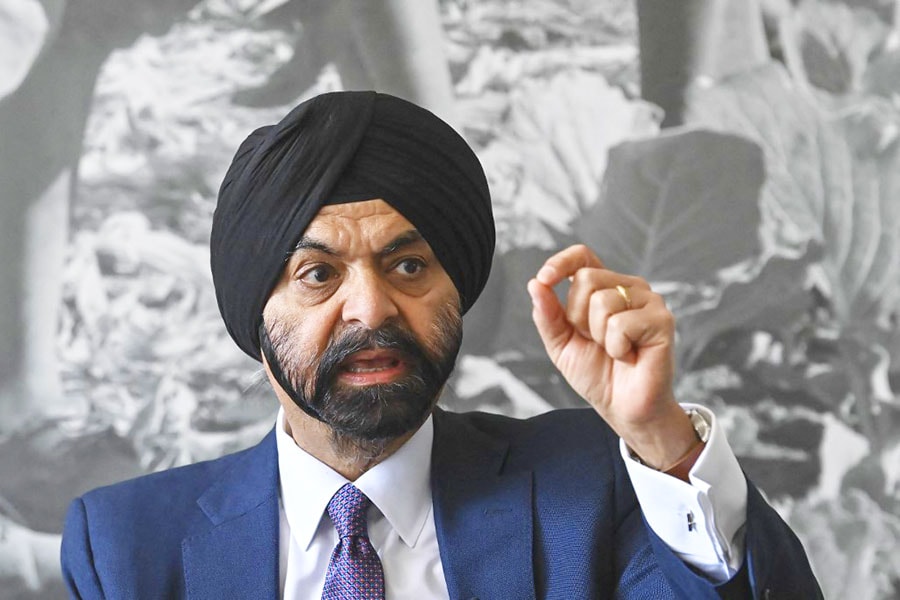
Who is Ajay Banga, the newly elected president of the World Bank and the first Indian-American to hold the position?
Everything you need to know about new World Bank Chief Ajay Banga
 Ajay Banga has been elected unopposed to succeed David Malpass as president of the World Bank. Image: Tony Karumba / AFP
Ajay Banga has been elected unopposed to succeed David Malpass as president of the World Bank. Image: Tony Karumba / AFP
Indian-born Ajay Banga has made history by being voted the next president of the World Bank, after being nominated for the role by US President Biden more than two months ago. He will be the first Indian-born executive to hold the post in the history of the bank.
The World Bank's board of executive directors elected the former Mastercard CEO for a five-year term, bringing in a finance and development expert in the hopes of restructuring the organisation to address multiple global crises, especially in developing countries, according to a statement by the World Bank announcing his appointment. The announcement was made on May 3, 2023, confirming that Banga will assume the role on June 2, 2023. When he takes over, Ajay Banga will be the 14th president of the World Bank.
Banga has been elected unopposed to succeed David Malpass, who has received criticism for his stance on climate change and is stepping down early.
Also Read: Ajay Banga: US World Bank pick is a straight-talker who 'gets things done'
Ajay Banga's family, education and credentials
Despite being the first Indian-American to hold the position of World Bank President, Ajay Banga's early life may not be widely known. Originally from Jalandhar, India, Banga spent the early part of his career there before becoming a US citizen in 2007.Ajay Banga was born to Harbhajan Singh Banga, an ex-lieutenant general of the Indian Army, and Jaswant Banga. His family comprises of his wife Ritu Banga and two daughters, Aditi Banga and Jojo Banga. While Ritu is the co-founder of Zoomdojo, Aditi is the head of Creator Monetization and Innovation Partnerships at Instagram, and Jojo is a Harvard graduate.







